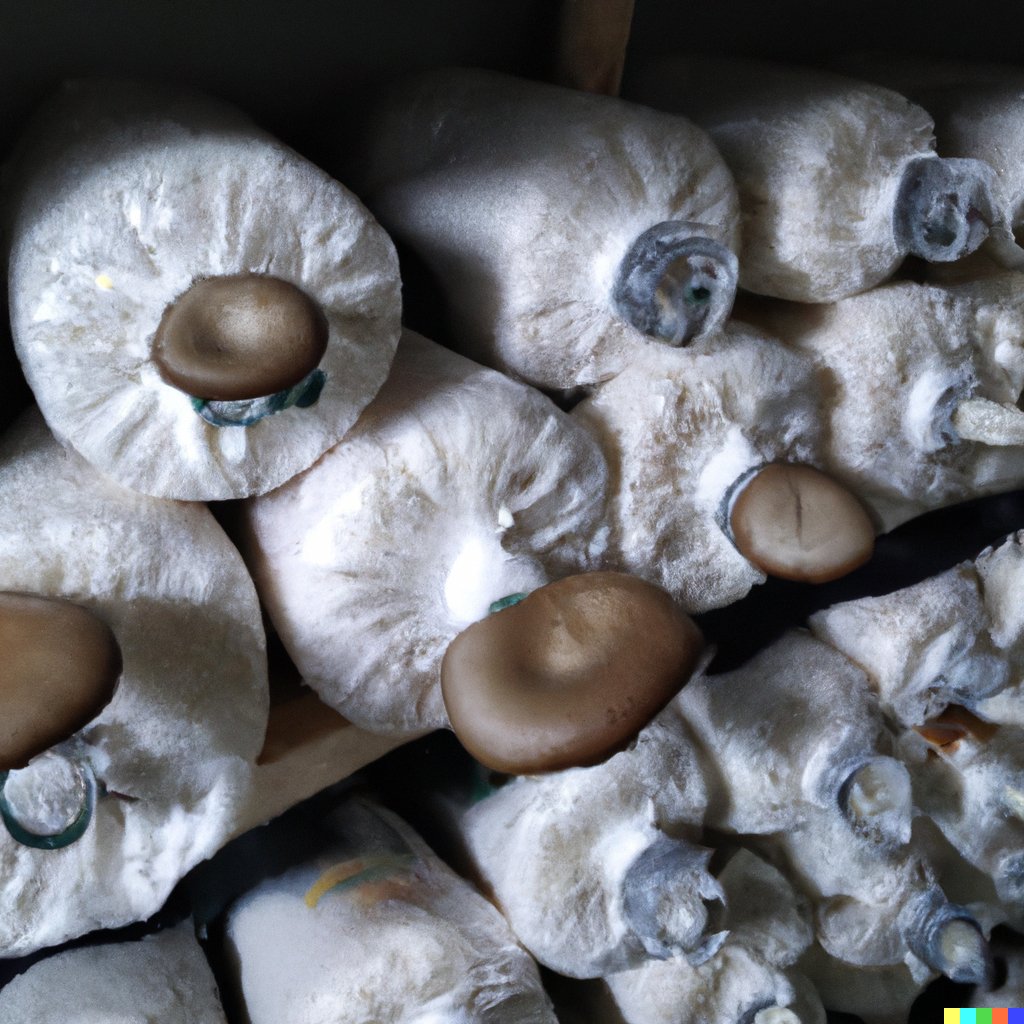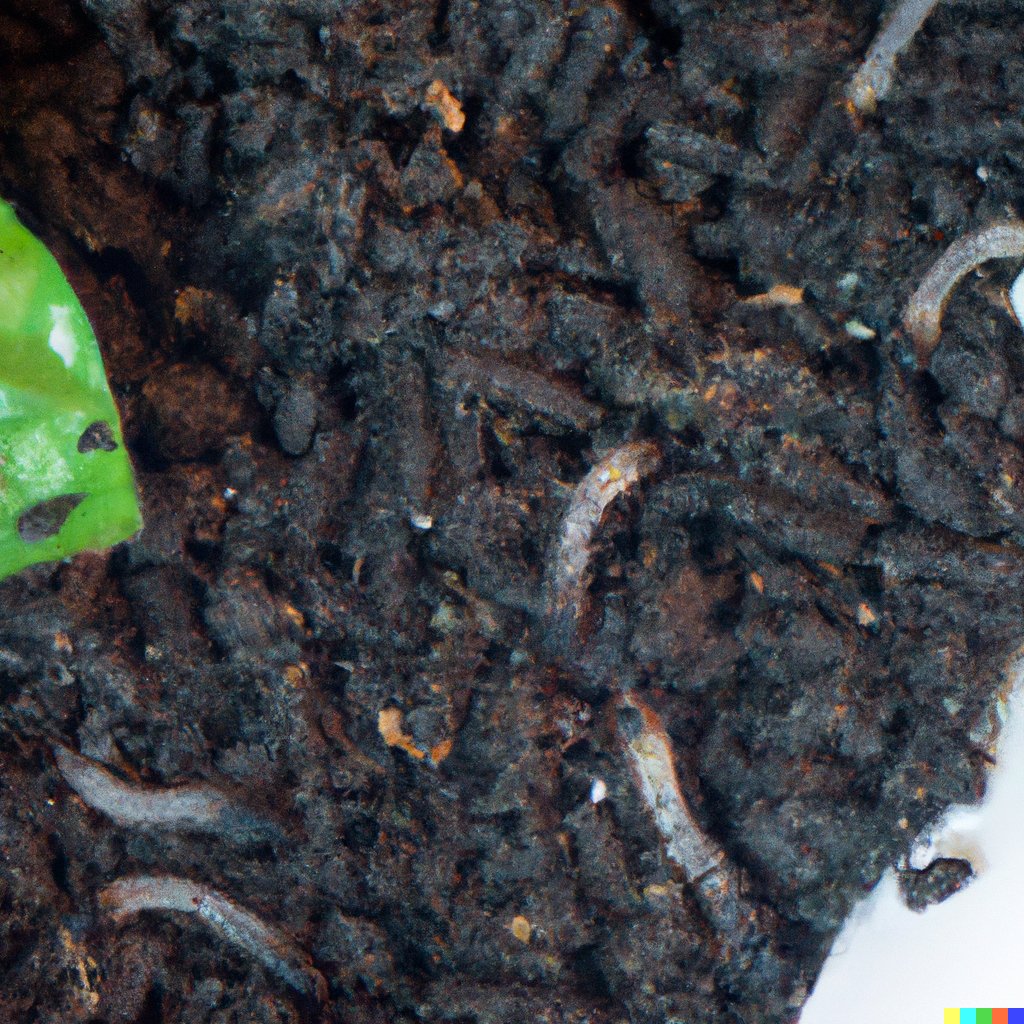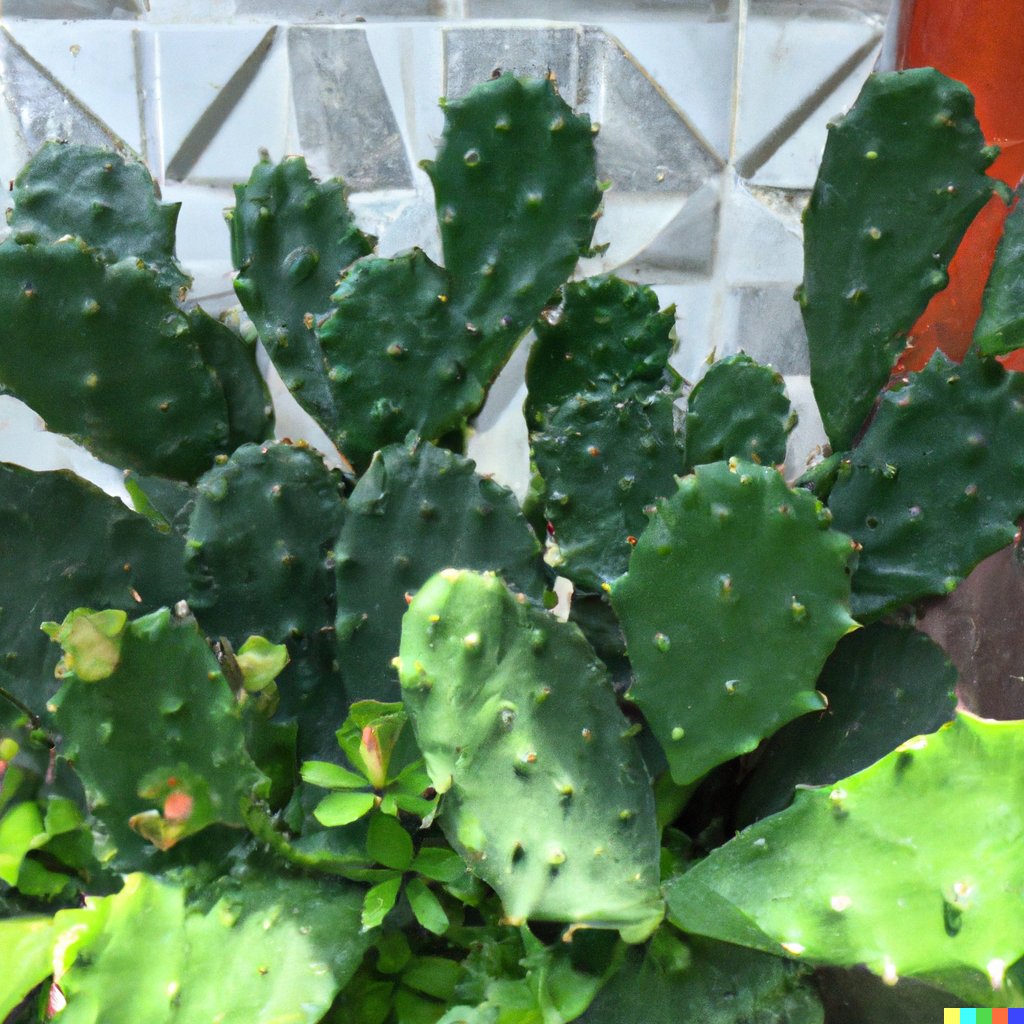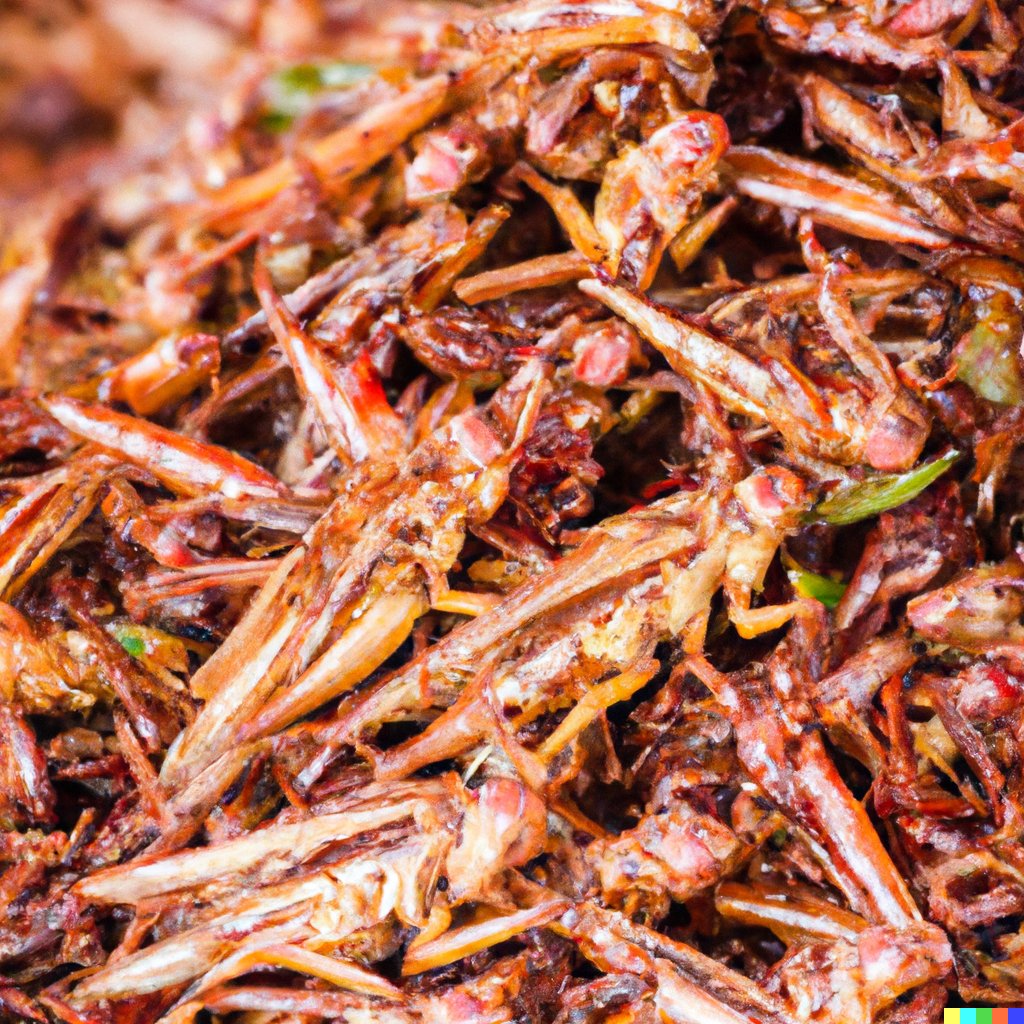
Mushroom Farming Benefits: Cultivating a Sustainable and Nutritious Crop
Mushroom farming, also known as mushroom cultivation or myciculture, offers numerous benefits that make it a valuable and sustainable agricultural practice. From its minimal environmental footprint to its rich nutritional profile, mushroom farming provides a host of advantages. Let's explore some of the key benefits:
1. Low Environmental Impact
Mushroom farming has a relatively low environmental impact compared to traditional livestock farming and certain crop cultivation. Mushrooms can be grown on various agricultural waste materials, such as sawdust, straw, or coffee grounds, reducing the need for additional resources and minimizing waste.
2. Efficient Use of Resources
Mushrooms are efficient in converting organic matter into a protein-rich food source. They have a high feed-to-meat conversion rate, requiring fewer resources to produce the same amount of protein compared to conventional livestock.
3. Recycling and Waste Reduction
Mushroom farming can play a role in recycling organic waste materials. By utilizing agricultural by-products and urban waste, mushroom growers contribute to waste reduction and promote circular economy principles.
4. Fast Growth and High Yield
Mushrooms have a relatively short growth cycle, allowing for quick harvests compared to many other crops. They offer high yields, enabling farmers to produce a substantial amount of nutritious food in a relatively small space.
5. Nutritional Value
Mushrooms are a valuable source of essential nutrients, including protein, fiber, vitamins (such as B-vitamins and vitamin D), minerals (like potassium and selenium), and antioxidants. They can be a valuable addition to a balanced and nutritious diet.
6. Medicinal Properties
Certain mushroom varieties, such as reishi, shiitake, and maitake, are known for their potential medicinal properties. They contain bioactive compounds that may boost the immune system, reduce inflammation, and offer other health benefits.
7. Versatility in Culinary Use
Mushrooms are highly versatile in the kitchen, adding unique flavors and textures to a wide range of dishes. They can be used in soups, salads, stir-fries, and even as meat substitutes in vegetarian and vegan recipes.
8. Year-Round Cultivation
Mushrooms can be cultivated throughout the year, making them a reliable crop that can provide a consistent income for farmers and a continuous supply of fresh produce for consumers.
9. Enhanced Soil Health
Mushroom farming can improve soil health and fertility. The spent mushroom substrate, also known as mushroom compost, can be used as an excellent soil conditioner, enriching the soil with organic matter and essential nutrients.
10. Economic Opportunities
Mushroom farming can create economic opportunities, especially in rural areas. It offers an alternative income source for farmers and entrepreneurs, contributing to economic diversification and rural development.
Frequently Asked Questions (FAQs)
Q1: What are the environmental benefits of mushroom farming?
A1: Mushroom farming has a low environmental impact compared to traditional livestock farming and certain crop cultivation. It can be grown on agricultural waste materials, reducing the need for additional resources and promoting waste recycling.
Q2: How does mushroom farming contribute to waste reduction?
A2: Mushroom farming utilizes agricultural by-products and urban waste as substrate, contributing to waste reduction and supporting circular economy principles.
Q3: What is the nutritional value of mushrooms?
A3: Mushrooms are a valuable source of essential nutrients, including protein, fiber, vitamins (such as B-vitamins and vitamin D), minerals (like potassium and selenium), and antioxidants.
Q4: Do certain mushrooms have medicinal properties?
A4: Yes, certain mushroom varieties, such as reishi, shiitake, and maitake, are known for their potential medicinal properties. They contain bioactive compounds that may boost the immune system and offer other health benefits.
Q5: What are the culinary uses of mushrooms?
A5: Mushrooms are highly versatile in the kitchen and can be used in a wide range of dishes, including soups, salads, stir-fries, and as meat substitutes in vegetarian and vegan recipes.
Q6: Can mushrooms be cultivated throughout the year?
A6: Yes, mushrooms can be cultivated throughout the year, providing a continuous supply of fresh produce for consumers.
Q7: How does mushroom farming enhance soil health?
A7: The spent mushroom substrate, also known as mushroom compost, can be used as an excellent soil conditioner, enriching the soil with organic matter and essential nutrients.
Q8: What economic opportunities does mushroom farming offer?
A8: Mushroom farming can create economic opportunities, especially in rural areas, by providing an alternative income source for farmers and entrepreneurs.
Q9: How fast do mushrooms grow, and what yields do they offer?
A9: Mushrooms have a relatively short growth cycle, allowing for quick harvests and high yields in a relatively small space.
Q10: Is mushroom farming suitable for sustainable agriculture?
A10: Yes, mushroom farming is considered a sustainable agricultural practice due to its low environmental impact, efficient resource use, and recycling of waste materials.
Conclusion
Mushroom farming presents a plethora of benefits that extend beyond just providing a nutritious and delicious food source. Its low environmental impact, efficient resource use, and potential for recycling waste make it an environmentally friendly agricultural practice. With its quick growth, high yield, and versatile culinary applications, mushroom farming is an attractive option for both farmers and consumers. Moreover, the medicinal properties of certain mushrooms add to their value in promoting overall health and well-being. As a sustainable and economically viable crop, mushroom farming holds promise for a more resilient and nourished future.

















